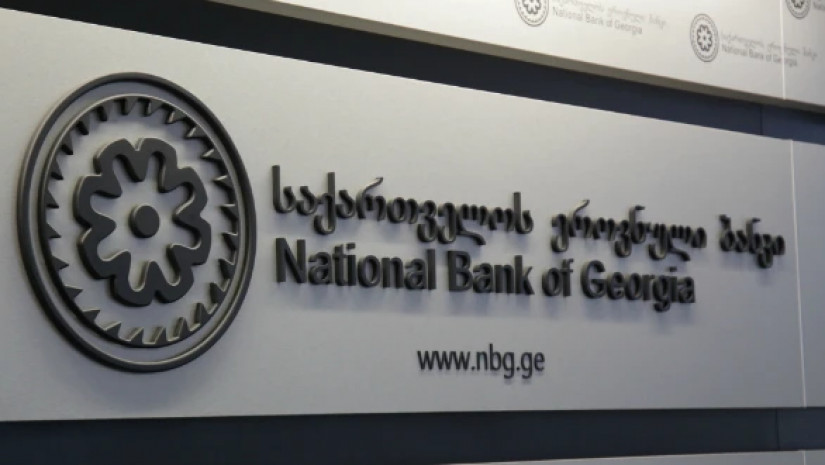The National Bank of Georgia (NBG) has expressed concerns over rising international food and transportation costs, warning that these trends could exacerbate inflationary pressures in the local market. This announcement accompanied the NBG’s decision to maintain the refinancing rate at 8%, a move aimed at balancing inflation risks with sustained economic growth.
In a press release, the NBG highlighted that international food prices have been increasing significantly in recent months, coupled with a slight uptick in transportation costs. “If these trends persist, the increased prices on global markets will likely pass through to local markets, posing a threat to inflation expectations,” the NBG stated.
The Monetary Policy Committee emphasized that inflation for 2024 is projected to remain below the 3% target, averaging 1.2%. Given this outlook, the NBG opted against tightening monetary policy for now but stressed that adjustments to the refinancing rate would be made cautiously.
In November 2024, annual inflation was recorded at 1.3%, with core inflation—excluding volatile items like food and energy—standing at 1.6%. Locally produced goods and services, which best reflect long-term inflation expectations, grew at a modest annual rate of 1.8%.
Economic activity in Georgia remains robust, with average growth for the first ten months of 2024 reaching 10%. However, the NBG noted that increased production capacity has helped offset some inflationary pressure arising from strong demand.
Despite the current low inflation environment, the NBG cautioned that several factors could destabilize the economic outlook. Geopolitical tensions in the region, coupled with domestic challenges, may elevate Georgia’s sovereign risk premium and contribute to inflationary pressures. Moreover, fluctuations in global oil and food prices remain a significant concern.
“International food prices have risen noticeably, and transportation costs have also edged higher. These factors could translate into increased local market prices and intensify inflationary expectations,” the NBG noted.
The NBG stated that it would only reduce the refinancing rate gradually if inflation risks do not materialize and pressures on inflation expectations subside. Conversely, if risks to inflation persist or intensify, the central bank may consider tightening monetary policy further or maintaining the current stance for an extended period.
The next meeting of the NBG’s Monetary Policy Committee is scheduled for January 29, 2025.












